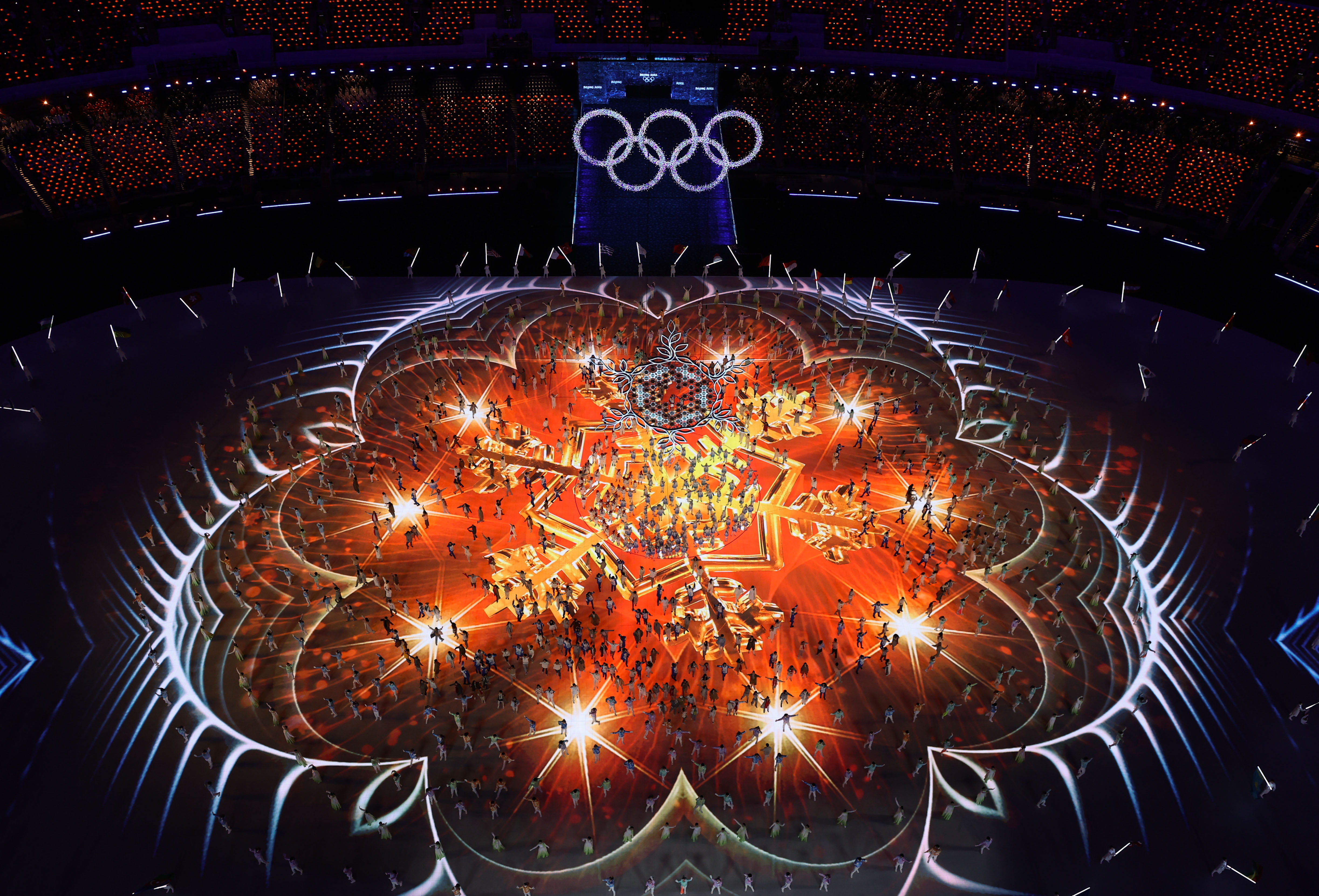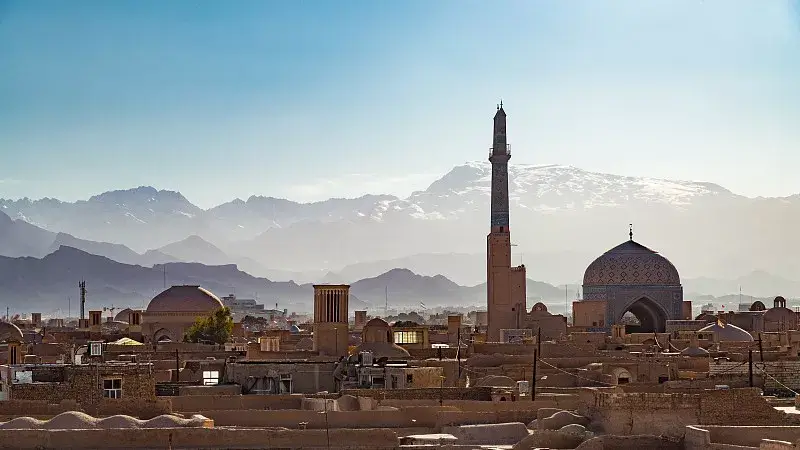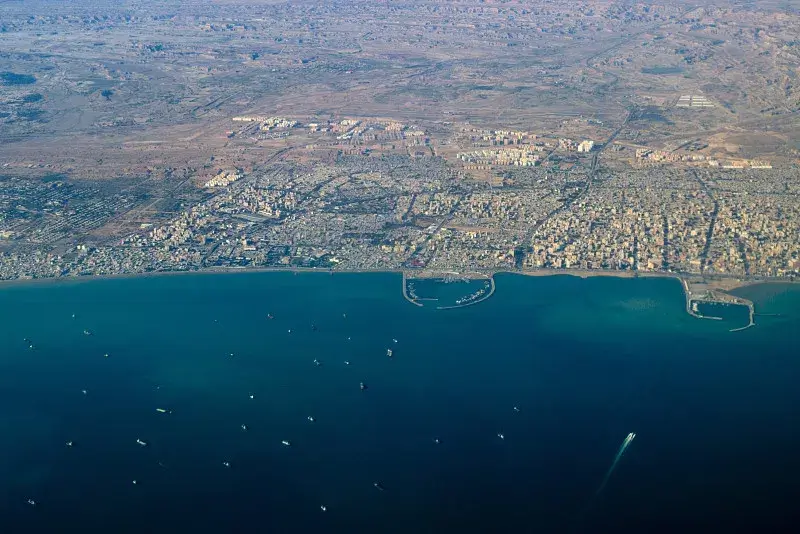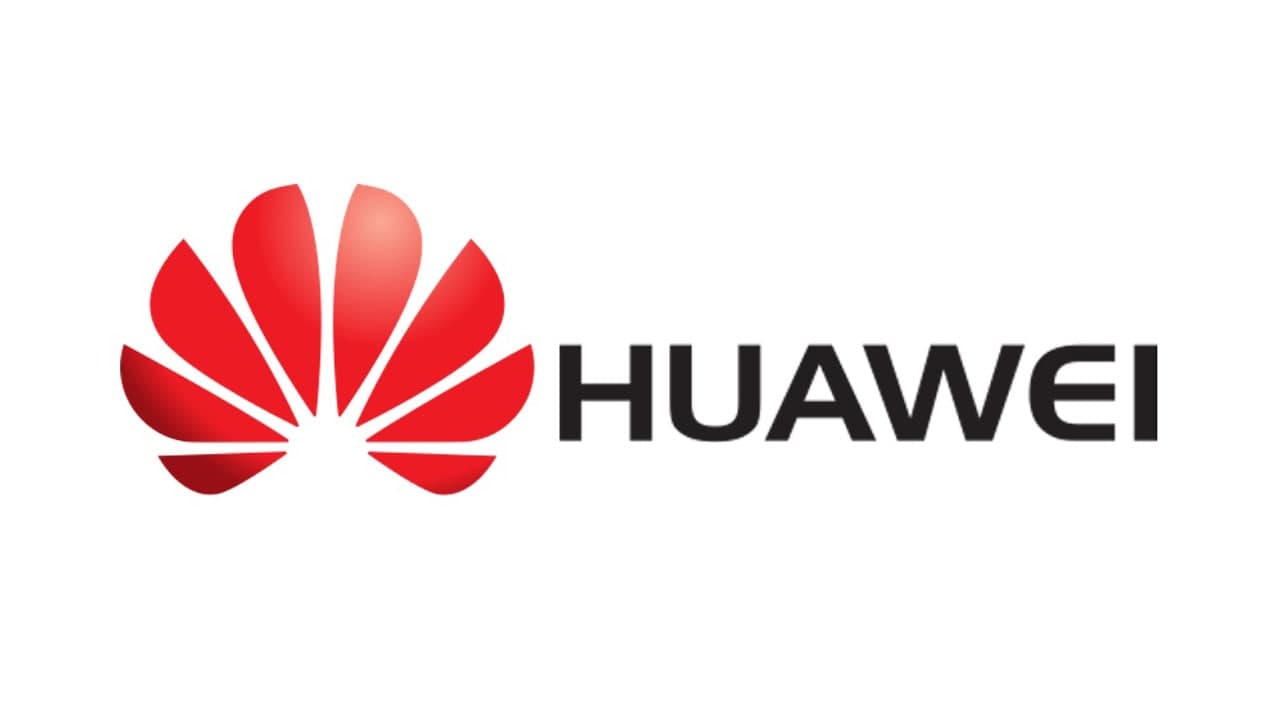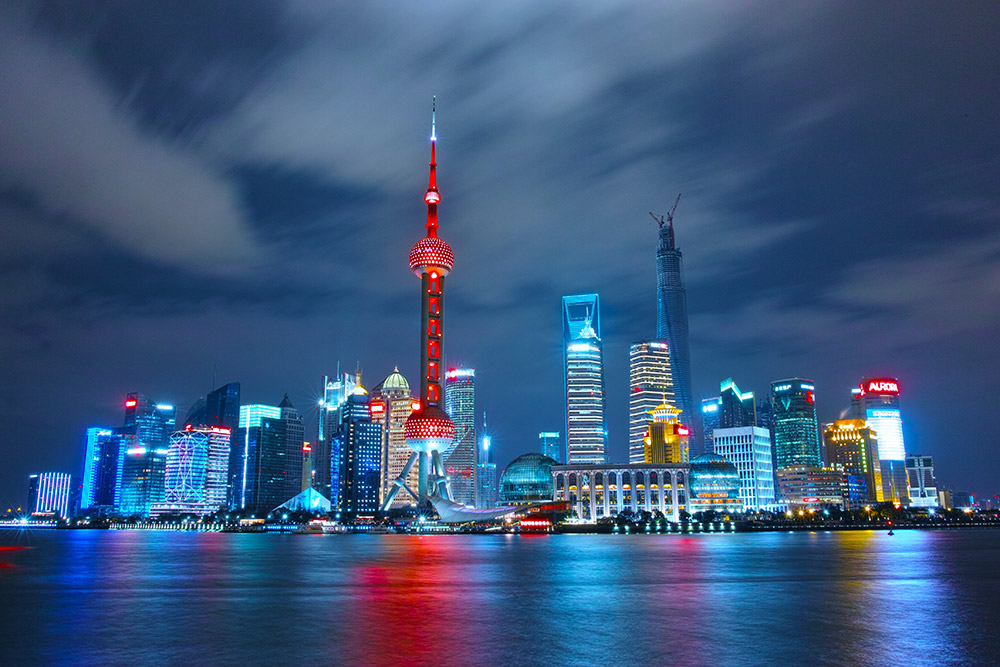
The Shanghai Cooperation Organization (SCO) is on a rising trajectory. At the 2022 Samarkand Summit, Iran officially signed a memorandum of obligation to join as a fullfledged member. For the Islamic Republic, this promotion was a long time in coming. Less conspicuously, long-standing observer Belarus was promoted to full member. Very recently, in late March 2023, it was revealed that Saudi Arabia had joined as a dialogue partner after it had been invited in September 2021. This was followed by the news that at the May 2023 meeting of SCO foreign ministers, the United Arab Emirates, Kuwait, Myanmar, and the Maldives were also added as dialogue partners. Even though these forms of association are the lowest in rank, they represent natural stepping stones toward more cooperation.
Some experts have described the SCO as a “rogue NATO,” alleging that Iran’s entry revives talks of the organization’s inherent anti-Western and anti-American character,given that the SCO does not have a single Western country or Western regional ally as a partner or observer. The broader theme of positioning and transforming the SCO as an alternative non-Western global center has indeed been part of Moscow’s strategy, as I have previously argued. At the same time, insinuations about the SCO’s transformation into a rival bloc to the West ignore the realities behind its decision-making and the complexity of its diverse membership and interests. As the organization expands its list of full members and adds observers and dialogue partners, internal contradictions between expansion and decision-making processes become more glaring, especially when states with complicated relations and conflicting interests are added to the group.Furthermore, critically in the near term, the SCO will need to manage the worsening relations between Russia, a founding member, and U.S.-led international organizations and Western alliances.
The Scope of the Shanghai Cooperation Organization
The SCO is a relatively loose intergovernmental organization. Its traditional focus is on practical problems in the post-Soviet/Central Asian space, such as combating terrorism(and separatism) and promoting economic development. It is a “structured” organization with a bureaucracy and a secretariat that makes “binding” decisions for its members. At the same time, it was never designed to seek sovereign control over its members. Therefore, it lacks a mechanism to implement its decisions and recommendations. These are taken “by agreement without vote and their decisions shall be considered adopted if no member State has raised objections during its consideration (consensus).” As per the SCO Charter, implementation allows for considerable leniency for member states.
Scholars like Stephen Aris emphasize that, despite its downsides, its approach was deemed beneficial to smaller member states that did not feel their sovereignty would be threatened and allowed for the emergence of all-important informal deliberations between all members. Following the 2022 meeting of SCO foreign ministers, chief Russian diplomat Sergey Lavrov accentuated (the mischaracterization) that the SCO does not relegate its smaller members as “followers” like they are in the EU and NATO. SCO observers and dialogue partners have fewer rights and obligations than other members. However, as per the 2004 and 2008 special regulations, these countries can, among other things, attend high-ranking meetings, although they do not have the right to prepare or sign organizational documents.
It seems that even in its original smaller pre-2015 enlargement format—Russia, China, and four Central Asian republics—the SCO sought to give itself enough flexibility in, as Michael Slobodchikoff pointed out, “melding very different foreign policies” and managing great power competition. For one, this approach allows the trend of autonomous foreign policies. It facilitates their ability to play different regional and extraregional great powers off each other to extract maximal benefits for themselves.Importantly, it has allowed the SCO to avoid forcing members to make difficult choices when they disagree with fellow members. On such issues, the organization only makes generalized and uncontroversial statements.
Nowhere was this more visible than during Russia’s conflicts with Georgia in 2008 and Ukraine from 2014 to the present. Recognizing the organization’s members’ concerns over sovereignty issues, in 2008, the statement by the heads of SCO member states recognized Russia’s role in promoting peace in the region but opted not to back Moscow or blame Tbilisi for the outbreak of the war. Instead, the SCO statement blandly urged them all to “peacefully resolve existing problems through dialogue and make efforts to promote reconciliation and negotiations.” At the 2014 Dushanbe Summit, the leaders similarly and insipidly favored “an early restoration of peace in Ukraine and continuation of the negotiation process to achieve a comprehensive solution to the crisis in that country.”
Finally, at the last summit in Uzbekistan in September 2022, the leaders did not directly mention the war in Ukraine in the Samarkand Declaration. They recognized that global changes and transformations are causing “international challenges and threats” to become more complicated, and the global situation was “deteriorating alarmingly, existing conflicts and crises [were] intensifying and new ones [were] emerging.” The member states reiterated the general positions of the SCO charter, including the “right of nations to an independent and democratic choice of their political, social and economic development path, underscoring that the principles of mutual respect of sovereignty,independence, territorial integrity of states, equality.” Albeit, clearly, this was not observed by Russia.
Contextualizing Enlargement Policy
The Saudi Arabian government’s decision to enter the SCO sparked broad discussions regarding America’s apparently diminishing sway over its allies in the Middle East, who are now joining Chinese- (and Russian-) led regional organizations. However, given the aforementioned organizational realities and restrictions, adding Saudi Arabia as a dialogue partner will not immediately impact the SCO’s decision-making or influence.
Moreover, Riyadh is by no means the first close U.S. ally to associate with the SCO.Turkey, a long-standing and crucial NATO member state, has been an SCO dialogue partner since 2013. At the last year’s summit, President Recep Tayyip Erdoğan indicated that his country was interested in becoming a full-fledged member. While Turkey’s relations with its Western partners have been on a decline for years, and the country is accused of abandoning policy coordination with the Western organizations it seeks to join(namely the EU), Turkey has remained a firm NATO ally institutionally that contributes to its activities. These include deterrence of Russian policies and support for Ukraine with critical military hardware such as drones.
Importantly, joining the SCO as a dialogue partner or an observer does not necessarily lead to full membership in the future. Some states remain satisfied with their “limited” association, with Mongolia, an observer since 2004, being an example. In other situations,states can be stopped from being promoted due to external conditions (such as being under sanctions) or a dispute with a full member. Both of these circumstances prevailed for many years in the case of Iran. For example, at one time, it had a disagreement with Tajikistan over its hosting of a Tajik opposition politician from a banned political party.Table 1 shows current SCO country associations.
Table 1. Country Association Patterns in the Shanghai Cooperation Organization
| Member | Observer | Dialogue Partner |
| China (2001) | Mongolia (2004) | Sri Lanka (2009) |
| Russia (2001) | Afghanistan (2012) | Turkey(2013) |
| Kazakhstan (2001) | Belarus (2015) (full membership initiated in 2022) | Cambodia (2015) |
| Uzbekistan (2001) | Azerbaijan (2016) | |
| Kyrgyzstan (2001) | Nepal (2016) | |
| Tajikistan (2001) | Armenia (2016) | |
| India (2017) | Egypt (2022) | |
| Pakistan (2017) | Qatar (2022) | |
| Iran(expected 2023) | Bahrain (2022) | |
| Saudi Arabia (2023) | ||
| Kuwait(as of May 2023) | ||
| United Arab Emirates (as of May2023) | ||
| Maldives(as of May 2023) | ||
| Myanmar(as of May 2023) |
SCO Enlargement and Moscow’s Post-Ukraine-War Strategy
Historically, Moscow has been among the most enthusiastic supporters of expanding the SCO. This has been conditioned by its relationships with the West. Russia’s vision for the group evolved during the 2000s as it reassessed its role in its own region and globally and in light of China’s growing clout and Russian fears that it could not compete with it. Moscow became worried about the potential displacement of its regional security and economic integrative efforts like the Collective Security Treaty Organization (CSTO) and the Eurasian Economic Union (EEU).
As Alexander Gabuev wrote back in 2017, Russia was interested in expanding the organization’s membership to strengthen its global status while blocking various China-initiated proposals for SCO free-trade zones. One manifestation of this enlargement support was Russia’s interest in promoting India as a full-fledged member state. In their 2011 joint statement, the two recognized that India’s participation as a full member would “significantly increase the political weight of the SCO and give new quality and dimension to cooperation within its framework.”
Similarly, Moscow backed Iran’s ambitions following the Joint Comprehensive Plan of Action (JCPOA) signing in 2015 and considered that the Islamic Republic had “settled” its UN Security Council sanctions problems and therefore meets the organization’s membership criteria. At the 2022 SCO Samarkand Summit, President Vladimir Putin stated that his country favored “the earliest possible accession of the Islamic Republic of Iran to the SCO,” viewing its full-fledged participation as beneficial. However, analysts argued that Russia’s lingering phobias about China’s growing influence in the former Soviet backyard led it to promote policies that actually weakened the SCO, turning it into a “useless bureaucracy,” as Gabuev wrote.
Looking at the Ukraine war and its aftermath, the SCO can be an increasingly important tool for Moscow in its competition and confrontation with the West and for status-related reasons. To begin with, Russia has already mentioned its use to promote notions of a post Western and multipolar global world system. At the 2022 Samarkand Summit, Russia’s permanent representative to the SCO Secretariat, Natalya Stepkina, emphasized the organization’s contribution to creating a “new multipolar and fair world order.” Indeed, Moscow’s former and latest foreign policy concepts emphasize the supposed arrival of a “more equitable multipolar world.” They state that one way to achieve this is by enhancing the capacity and international role of interstate associations—including the SCO, which should be “comprehensively strengthened” to ensure security in Eurasia.
The importance of this organization and Russia’s relations with non-Western centers of power like China (and India) is visible in how highly they rank among priorities in the regional track of Russian foreign policy. The Eurasian continent (China and India) is third among priorities, behind the “Near Abroad” and the Arctic, while the “European region” and the “U.S. and other Anglo-Saxon states” are no. 8 and no. 9, respectively.
Significantly, in the wake of its invasion of Ukraine, Russia’s ties with the West have been mostly severed. Moscow has experienced a significant slippage in its status as a great power, not only because of the outright violation of its international obligations as a UN member state (and crucially, the permanent member of the Security Council charged with the preservation of international order) but also due to its reduced influence at international fora like the United Nations where Russia figured prominently. Moscow has been repeatedly condemned by almost three-quarters of UN General Assembly members 6 for its actions in Ukraine. This itself elevates the importance of the SCO to Russian policymakers.
There they will continue to be welcomed, interact with fellow member states, observers,and dialogue partners, and wield considerable influence. Elsewhere, at the G20, for example, Russian diplomats experienced inconveniences they were unaccustomed to.From symbolic refusal to take part in traditional joint photo-ops to walkouts from their speeches, Russian representatives were increasingly ostracized by primarily the Western powers and their allies. Putin ultimately decided not to attend Bali’s November 2022 G20 summit. Following the International Criminal Court’s decision to issue an arrest warrant for the Russian President in March 2023, he is finding it even more challenging to travel abroad and interact with foreign leaders.
Such developments increase the importance of the SCO as an irreplaceable venue for Russian leaders to be seen with other world leaders, especially non-Westerners, where they are treated with respect. Hence, the Kremlin continues to emphasize the relevance of the SCO, including that “over half of the world’s population lives in the organization’s member states, which account for about 25 percent of global GDP.” Even before its relations with the West collapsed, Russia had shown interest in possibly transforming the SCO as a foundation for the vague Greater Eurasia Partnership. As research by Andrej Krickovic and Igor Pellicciari shows, this would have served Russia’s status-seeking objectives by strengthening associations with successful emerging powers like China and India.
Anti-Western Grouping or Peaceful Alternative?
Contemplating the coagulation of the Russia-Ukraine war, Moscow’s representatives now use the SCO to try to offset their loneliness and military challenges. At the April 2023 ministerial meeting of SCO chiefs of defense, Russian Defense Minister Sergey Shoigu criticized NATO and the West for, he claimed, aiming to defeat Russia and threatening the entire SCO region by allegedly requesting member states to accept military infrastructure deployed on their territories. He suggested that SCO members ought to “develop a mechanism for information exchange in the field of military security within the SCO,” continue with further military exercises, and maintain regular consultations within the SCO on common “multilateral and bilateral” security issues.
Notwithstanding Russia’s efforts, China has traditionally strived to “temper” insinuations that the SCO was turning anti-NATO—as the organization becomes increasingly tangled in U.S., Chinese, and Russian global visions. For example, at the last summit in Samarkand, the main statement contained veiled criticism of the West without explicitly mentioning it. The leaders denounced the unilateral application of economic sanctions, deeming them incompatible with international law unless agreed by the UN Security Council. As an indirect critique, the statement referenced members’ opposition to “bloc, 7 ideological or confrontational approaches to dealing with issues of international and regional development, and to addressing conventional and unconventional security challenges and threats.”
However, given the organization’s diverse composition and inclusion of states that have established cooperation with Western bodies—for instance, Kazakhstan participates in NATO’s Partnership for Peace exercises—or have growing security and critical technology coordination with the United States and its allies (India), it is unlikely that a more confrontational policy can be adopted. The SCO has traditionally avoided dealing with “hard stuff” issues since many of its members are agreeably not on the same page.
Conclusion
The key SCO stakeholder, China, has fluctuating tensions with the United States, and scholars note how the international environment for the SCO and China has changed. A leading expert on the organization, Zhao Huasheng, argues that China is under heavy international pressure, “with the United States treating China as its greatest strategic adversary, adopting a containment policy.” Like Moscow, Riyadh, Delhi, Ankara, Doha, and Cairo, it has thoughts about recalibrating the SCO, upgrading its functionality from regional to international. The wording in the Samarkand Declaration reflects China’s growing interest in conveying through the SCO its opposition to developments it finds increasingly aimed against it, such as the perceived hegemony, unilateralism, bloc politics, and unilateral application of economic sanctions. While the support it receives from other full members in joint SCO statements is valuable, judging by the organization’s historical record, there is little to suggest that it will muster anything more concrete than verbal backing.
¹ Janko Šćepanović is Assistant Professor of International Politics at the Shanghai Academy of Global Governance and Area Studies (SAGGAS), China.
Janko Šćepanović
Shanghai Academy of Global Governance and Area Studies






